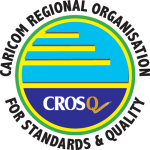11th EDF-EPA TBT Programme
11th European Development Fund (EDF) Economic Partnership Agreement (EPA) Technical Barriers to Trade (TBT) Programme
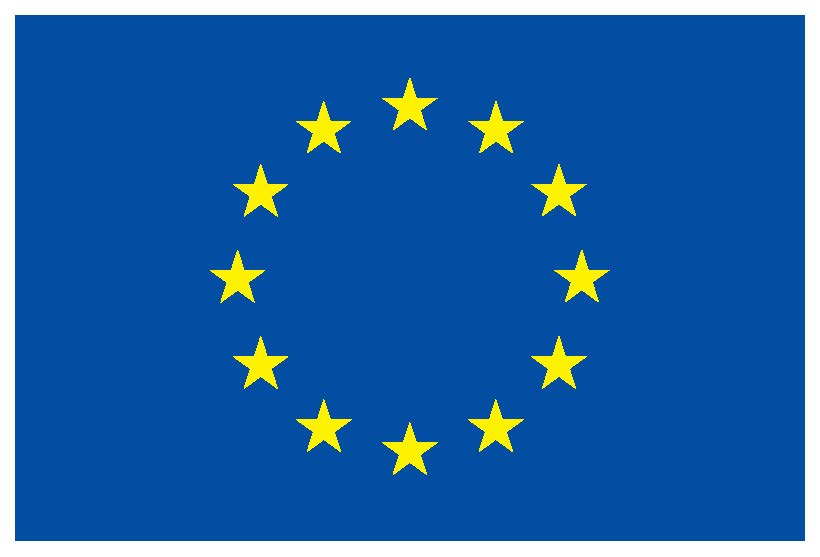
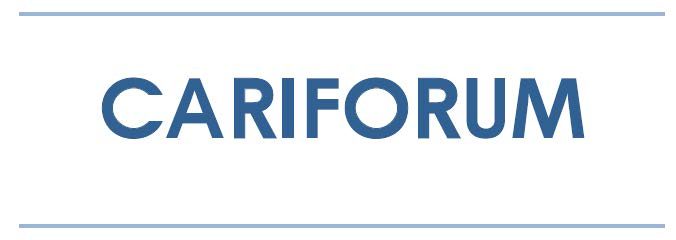
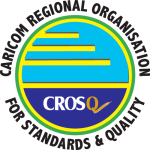
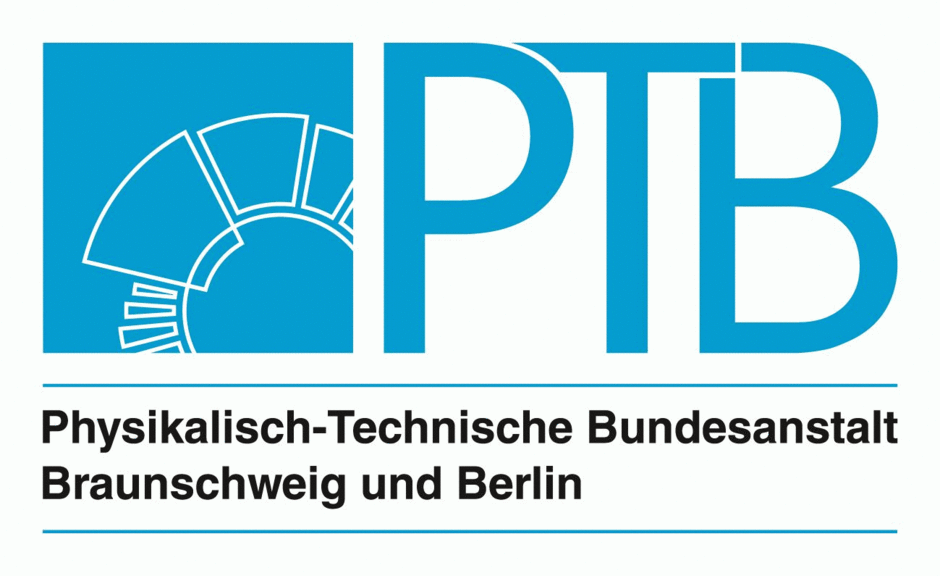
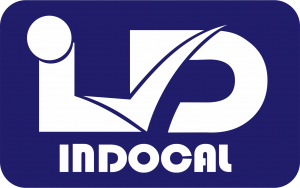
"Support to CARIFORUM States in furthering the implementation of their Economic Partnership Agreement Commitments and in meaningfully reaping the benefits of the Agreement"
Objectives:
- Contribute to the integration of the CARIFORUM into the world economy;
- Facilitate the effective operation of the EPA for improvement of trade and competitiveness
- by reducing Technical Barriers to Trade through a modernized national and region Quality Infrastrusture and
- by increasing the use of internationally recognised Regional Quality Infrastruture (RQI) by the regional and national quality institutions and by the private sector.
Background:
The CARIFORUM EU Economic Partnership Agreement (EPA) was signed in 2008 building on long-standing economic relationships between the Caribbean region and the European Union. With the goal to offer new market opportunities for CARIFORUM States and to foster regional trade, great expectations are put on the EPA. Besides the various positive results achieved until now, there is still work to be done to enable Caribbean countries to fully benefit from the EPA.
Existing Technical Barriers to Trade (TBT) impede intra-regional trade and preclude the region from fully entering international markets. Many exporters from the Caribbean have limited access to internationally-recognised Quality Infrastructure services within the region resulting in high costs for sourcing these services outside the region.
Expected benefits:
The project will provide benefits in three major areas:
- Quality gaps identified in key sectors and organisations have been closed
- Quality-related issues identified and addressed in value chains and sectors
- Private sector organisations prepared for certification
- Conformity Assessment Bodies prepared for accreditation
- Calibration Laboratories prepared for accreditation
- Harmonised training courses demanded by the private sector, developed and delivered.
- A quality culture has been promoted throughout the region
- Quality Fora held
- National Quality Awards implemented
- Quality awareness campaigns implemented
- Media personnel trained
- The Regional Quality Infrastructure has been strengthened
- Standards harmonized and adopted
- New Caribbean Reference Laboratories (CaRLs) established
- Regional quality infrastructure networks strengthened
- CROSQ Secretariat strengthened
- The feasibility of a regional product certification mark has been analysed
- The region participates in key international and regional quality fora, conferences and workshops
Beneficiary Countries: Caribbean Forum of ACP States (CARIFORUM): Antigua & Barbuda – The Bahamas – Belize – Dominica – Dominican Republic – Grenada – Guyana – Haiti – Jamaica – Montserrat – Saint Lucia – Saint Vincent and the Grenadines – Saint Kitts and Nevis – Suriname – Trinidad and Tobago
Partners:
The project is implemented by the Physikalisch-Technische Bundesanstalt (PTB) together with partners, the CARICOM Regional Organisation for Standards and Quality (CROSQ) and the Instituto Dominicano para la Calidad (INDOCAL).
PTB, the National Metrology Institute of Germany, is a scientific and technical higher federal authority falling within the competence of the Federal Ministry for Economic Affairs and Energy.
CROSQ is headquartered in Barbados and is the regional centre for promoting efficiency and competitive production in goods and services, through the process of standardization and verification of quality, aiming to support international competitiveness for the enhancement of social and economic development in the region.
INDOCAL is the National Standards Body of the Dominican Republic, providing services of standardization, metrology, certification and training in accordance with international practices.
The Components
Standardization
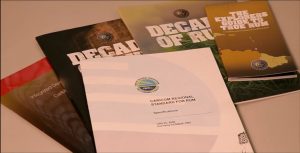 Standardization is the process of formulating, issuing and implementing standards with respect to actual or potential problems, provisions for common and repeated use, aimed at the achievement of the optimum degree of order in a given context.
Standardization is the process of formulating, issuing and implementing standards with respect to actual or potential problems, provisions for common and repeated use, aimed at the achievement of the optimum degree of order in a given context.
This component of the 11th EDF-TBT Programme wil involve:
- The development of standards;
- Facilitation of the development of the standards processes in Member States.
Metrology
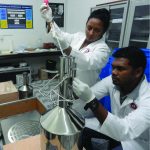 Metrology is the science of measurement and is divided into three fields:
Metrology is the science of measurement and is divided into three fields:
- scientific or fundamental metrology;
- applied or industrial metrology; and
- legal metrology.
In this component, several activities will take place, including:
- Accreditation of metrology laborators;
- Hosting of metrologists meetings;
- Provision of technical expertise to Member States;
- Development of Caribbean Reference Laboratories (CaRLs) for measurement.
Accreditation
Accreditation is a procedure by which an authoritative body provides formal recognition that a body or person is competent to carry out specific tasks.
Under the Accreditation component, the following activities will occur:
- Provision of technical assistance to participating Member States;
- Accreditation of laboratories.
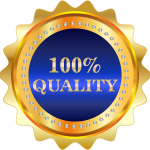
Conformity Assessment
In its simplest form, conformity assessment is determining (directly or indirectly) if a process, product, materials, services, systems or people meet the specifications of a relevant standard, such as a CARICOM Regional Standards. It involves the processes of certification, inspection and testing.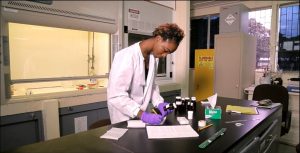
Conformity assessment activities will include:
- Accreditation of conformity assessment bodies;
- Reconvening of a private/public sector Caribbean Conformity Assessment Committee;
- Provision of technical assistance to CA bodies;
- Feasibility study into regional certification scheme.
Quality Promotions
 Quality Promotions, also referred to as Awareness and Information, is one of the newest developing areas of QI for the region. It involves marketing, education, information sharing; stakeholder engagement, knowledge management, promotions and public relations, and development of enabling technological frameworks that enable countries to cooperate effectively.
Quality Promotions, also referred to as Awareness and Information, is one of the newest developing areas of QI for the region. It involves marketing, education, information sharing; stakeholder engagement, knowledge management, promotions and public relations, and development of enabling technological frameworks that enable countries to cooperate effectively.
This component will involve:
- The development of national quality awards;
- Media training and sensitisation sessions;
- Public education on QI and the 11th EDF-TBT Programme;
- Training and engagement of regional information, education, marketing and communication officers of standards institutions.
